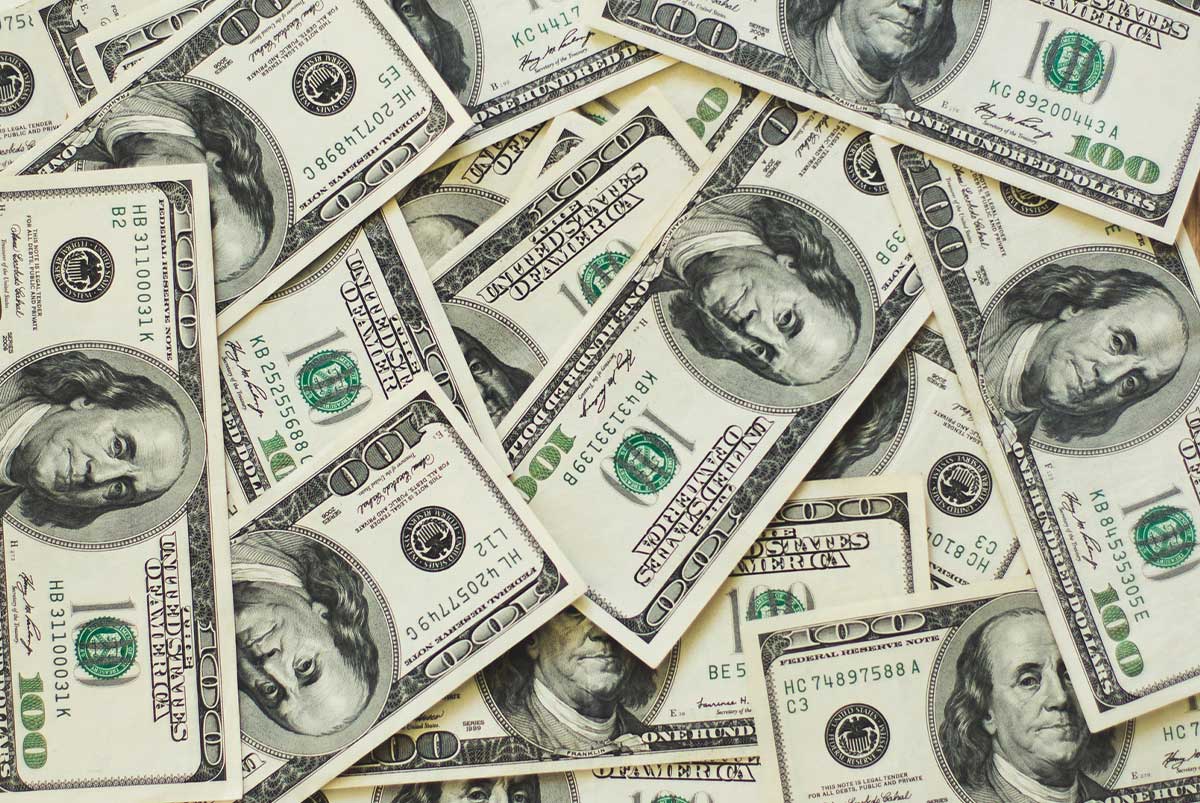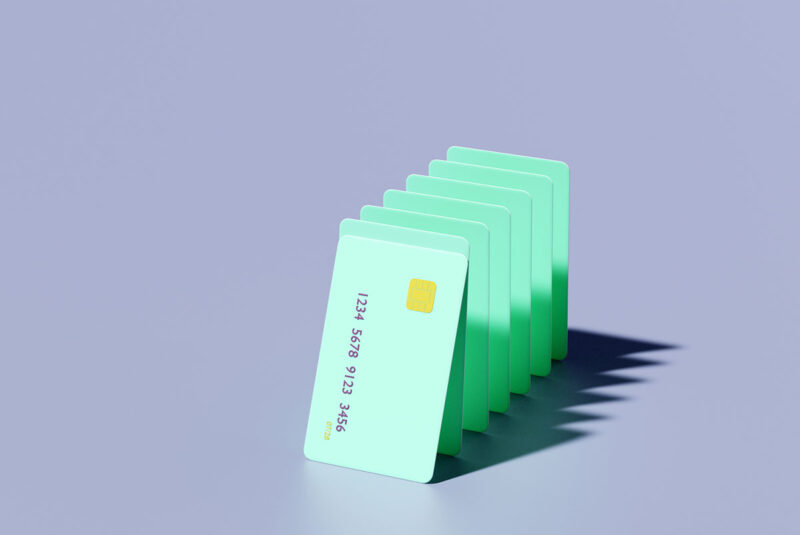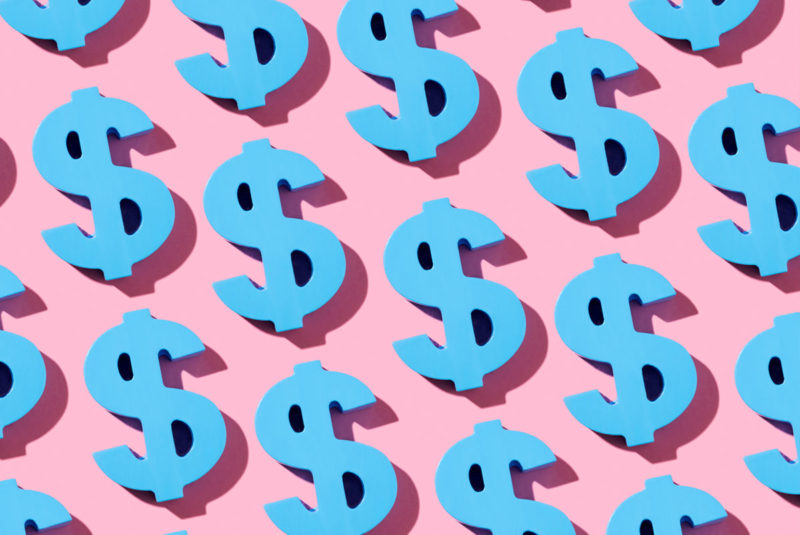When you need cash fast, a payday loan can offer you a way to borrow small amounts of money quickly when you’re in a financial pinch. Even with bad credit, you may be able to qualify.
But these short-term loans are dangerous and come at a high price. Payday loans represent one of the most expensive types of financing available.
How Do Payday Loans Work?
People with bad credit who can’t qualify for unsecured credit cards or personal installment loans from traditional lenders may use payday loans to cover unexpected expenses like car repairs, medical bills, and more. But there are key differences between payday loans and other types of financing such as:
- The amount you can borrow
- How you apply for funds
- How you repay the loan
Loan amounts
In general, payday loans are only available in small dollar amounts. Loans of $500 or less are common, though some states allow loan amounts of up to $1,000. Depending on your financial needs, these low loan amounts may not be enough to solve your immediate problems.
Applying for funds
In some states you can take out payday loans online. Other states, however, may require borrowers to visit a physical location to make a loan request for this type of payday advance. Often, funds may be available in less than an hour (at storefront locations) or by the next business day with online payday loans.
Repaying the Loan
A payday lender will expect you to repay the money you borrow quickly — typically within two to four weeks or by your next payday. In addition to the short repayment period, you must generally pay off your full loan amount plus fees in a single payment, not installments.
Sometimes you’ll provide the payoff amount in the form of a postdated check. Often a payday lender will require you to give permission to debit the funds directly from your checking account.
The Cost of Payday Loans
The biggest downside to borrowing money from a payday lender is the cost of the loan. Payday loans generally cost more than personal loans, credit cards, and even pricy credit card cash advances.
You can look up your state’s payday lending statutes with the National Conference of State Legislatures. Below are some common fees you may encounter when you take out a payday loan.
Standard fees
The Consumer Financial Protection Bureau (CFPB) says payday loan fees can range from $10 to $30 for every $100 you borrow. (Fees vary based on state laws.)
The average fee for a payday loan is $15 per $100 borrowed — equaling an annual percentage rate of almost 400% for a two-week loan.
Late fees and returned check fees
When you don’t pay off your loan plus fees by your payment due date, you may face late fees or returned check fees. Such fees can vary greatly and, in some states, may not be allowed at all. States that do allow late fees may limit the number of times a lender can charge them or cap late fees at a maximum amount.
Origination fees
In some states, payday lenders may charge origination fees when they issue new loans. The state of Oregon, for example, allows a one-time origination fee of up to 10% of the loan amount (up to $30 maximum). Payday lenders in Ohio may charge origination fees up to 2% on loans of $500 or more.
NSF fees
If the payday lender tries to debit funds from your bank account and the transaction is denied, your bank may charge non-sufficient fund fees (NSF fees). Even though the lender itself doesn’t charge these fees, anyone considering a payday loan should be aware that they’re a possibility.
NSF fees commonly range between $27 and $35 per failed transaction. Unfortunately, payday lenders may try to draft funds from your bank account multiple times — triggering a new fee for every declined draft. If a lender can’t get the full payment amount to go through, it might try to break the charge down into smaller pieces to withdraw as much as it can from your account.
The Payday Loan Debt Trap
Payday lenders expect you to pay off your full loan balance plus fees with your next paycheck. Yet in some states, payday lenders can let borrowers roll over or renew their loans. This practice can create a dangerous cycle of debt that’s hard to escape.
When you participate in a loan rollover or renewal, you only pay the fees you owe for the money you borrowed. Then, the lender gives you another two to four weeks (depending on your loan terms) to repay the principal amount you borrowed plus a new set of fees.
Effectively, you double your already high finance charges to buy yourself a few more weeks to pay back the original debt. Here’s a look at how quickly rollover fees can add up:
- Original loan amount: $500
- Fees on original loan: $75
- Rollover fees: $75
- Total fees paid for four-week loan: $150
The CFPB calls the process of rolling over payday loans a debt trap.
How Do I Qualify for a Payday Loan?
Bad credit scores and other credit difficulties usually won’t stop you from qualifying for a payday loan. In fact, you can often find payday loans with no credit check requirements at all.
Most payday lenders will require you to be at least 18 years old, have a valid government ID, and provide a pay stub or other proof of income. You’ll also need to have an active bank account or (with some lenders) a prepaid debit card.
Even though it’s generally easy to qualify for a payday loan, there are a few conditions that might cause your application to be denied, such as:
- A recent bankruptcy filing
- Limited income (less than $500 per month)
- Too little time on the job
- Bank account is too new
- Recently bounced checks
- You’re active-duty military (due to federal maximum APR limitations for service members)
Payday Loan Alternatives
Because payday loans are so expensive, it’s best to avoid them altogether. If you find yourself in a desperate financial situation and need to borrow money quickly, consider the following payday loan alternatives.
Payday alternative loans (PALs)
Many credit unions offer a type of financing known as a payday alternative loan, or PAL for short. The National Credit Union Administration regulates PALs and PALs II (introduced in 2019) and sets limits on how much credit unions can charge their members for these types of loans.
With PALs II, you can borrow up to $2,000 and may have up to 12 months to repay your debt. Annual percentage rates are capped at 28% and you may also have to pay an application fee ($20 maximum).
Approval criteria can vary, but you must generally be a member of a credit union for at least one month to receive a PAL. Additionally, most credit unions don’t require good credit to qualify.
Credit cards for bad credit
Many credit cards designed for people with bad credit are secured cards. Secured credit cards require a security deposit. So, while they may help you rebuild your credit, they’re not a good option if you need fast access to cash.
Yet even with bad credit or no established credit, you might be able to qualify for certain unsecured credit cards. Just be sure to read the fine print before you apply — especially where fees and interest rates are concerned.
Bad credit personal loan
Some online lenders offer personal loans to borrowers with poor credit scores. As with credit cards for bad credit, you shouldn’t expect to find the lowest interest rates or best terms with a bad credit online loan. Still, even a 35% APR on a bad credit personal loan may beat the insanely high fees associated with payday loans if your borrowing options are limited.
Keep in mind that bad credit personal loans still have qualification requirements, including a credit inquiry. You’ll generally need to have credit scores of at least 580 or higher to have a chance of seeing your loan application approved.
Earnin.com
When you need to access funds from an upcoming paycheck early, Earnin.com may be worth checking out. Earnin offers paycheck advances to eligible borrowers of $100 per day, up to $500 maximum per pay period.
Earnin is unique in the fact that the service doesn’t charge fees. Instead, you can opt to provide a “tip” of $0 to $14 each time you make a withdrawal.
You can only take paycheck advances against upcoming paychecks — aka money you’ve already earned. But you don’t need good credit to qualify. To use the service you must receive a regular paycheck, work in a fixed location (or use a verifiable online timekeeping system), and receive your paychecks by direct deposit.
Borrow from a loved one
Borrowing money from a friend or family member comes with its own unique risks. Namely, if you don’t pay back the money you borrow as promised, there’s a risk you could damage the relationship. Yet a friendly loan might be worth considering if your only alternative is turning to a predatory payday lender.
Avoid Payday Loans at All Costs
If you’re thinking about borrowing money from a payday lender, think again. The cost and the risk are simply too high. In most cases, payday loans will only make your financial problems worse.
Instead of using payday loans when you have unexpected expenses, try your best to find an alternative. Once you recover from your financial crisis, you can work toward rebuilding your credit to improve your future borrowing options. Building an emergency fund can also give you added financial security, even if you need to start small.
The Short Version
- Payday loans are only available in small dollar amounts. Loans of $500 or less are common
- A payday lender will expect you to repay the money you borrow quickly — typically within 2 – 4 weeks or by your next payday
- You can often find payday loans with no credit check requirements at all




